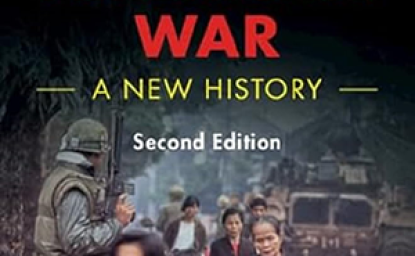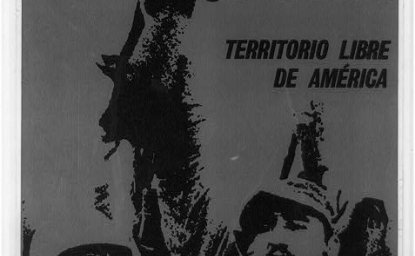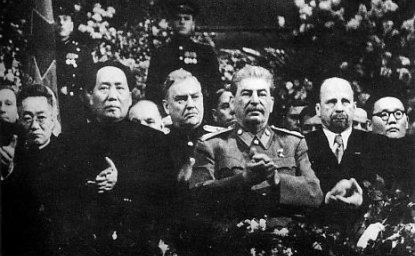Issue Brief #2 - How to Become a Customer: Lessons from the Nuclear Negotiations between the US, Canada and Romania in the 1960s

NPIHP Issue Brief #2: Civil nuclear cooperation agreements have returned to the nuclear policy limelight due to several recent deals, including those with India in 2005, with the UAE in 2009 and Vietnam in 2010. Despite their popularity and apparent utility, civil nuclear cooperation agreement negotiations are fraught with the possibility of deception.
New archival evidence in NPIHP Issue Brief #2 shows how, in the 1960s and 1970s, communist Romania successfully sold its image as an ‘independent maverick’ to the Western world in an effort to secure nuclear technology assistance. The Romanian Communist Party regularly reinforced this image by offering concrete services to the West, including functioning as a secret communication channel to Vietnam between 1967 and 1968. Despite failing to deliver any substantive results in its mediations, Romania’s reputation remained intact and continued to be used as currency in its dealings with the Western world. This historical example shows that the US was much more prone to pay heed to appearance instead of substance.
Eliza Gheorghe is a PhD candidate in International Relations at the University of Oxford, working on a thesis on Romania’s negotiations for nuclear technology in the 1960s and 1970s. A more detailed analysis of the topics examined in this issue brief will be available in a forthcoming article in Cold War History.
Download the article using the link below:
Author

Assistant Professor in the International Relations Department at Bilkent University

Nuclear Proliferation International History Project
The Nuclear Proliferation International History Project is a global network of individuals and institutions engaged in the study of international nuclear history through archival documents, oral history interviews, and other empirical sources. Read more




